4820012827597
Price Quote Get an up to date pricing and availability quote for this product. Order online or over the phone.
Quality Commitment
Serving our customers with quality and safety first.
- AS9120 Certified
- Audited supply chain
- ITAR Registered
- DDTC Registered
- HAZMAT Certified
- Customer service objectives
- Every product 100% inspected

4820-01-282-7597 Specification Set by the OEM (see RNCC code 3)
brass
straight thru
steel, corrosion resisting
any acceptable
threaded internal pipe
plain
1/4-18 npt
RIGHT-Hand
identical
plastic, polychlorotrifluoroethylene and plastic, tetrafluoroethylene
2.380in. and 2.460in.
diaphragm
rubber, BUNA-N
2
panel and bracket
+2.0/+150.0 pounds per square inch
manual single stage
knob
single seat
spring
diaphragm
5000.0 pounds per square inch
not rated
included
-65.0 deg celsius and 165.0 deg celsius
Cross Reference Parts Part numbers that meet the specification outlined on this page and set by the OEM
Identification Item Identification Guide (IIG) and Item Name Code (INC)
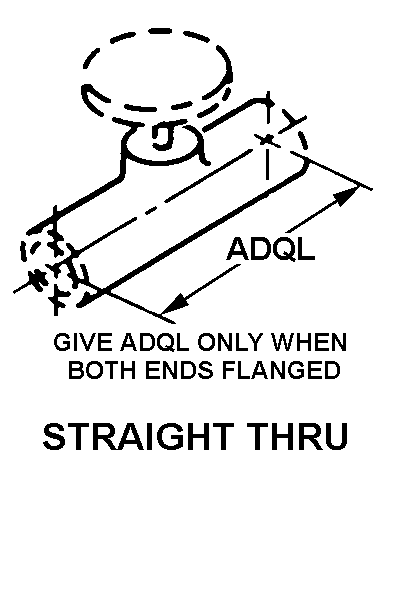
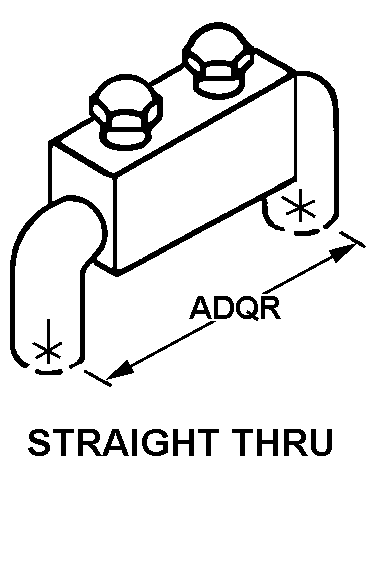
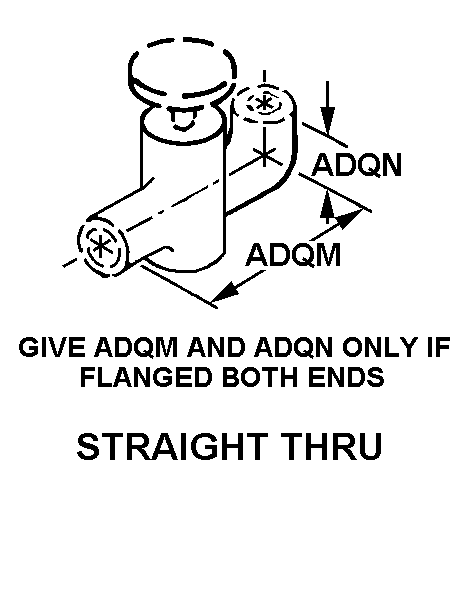
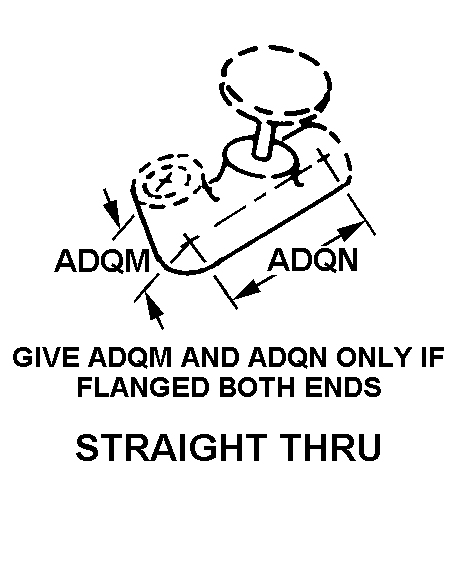
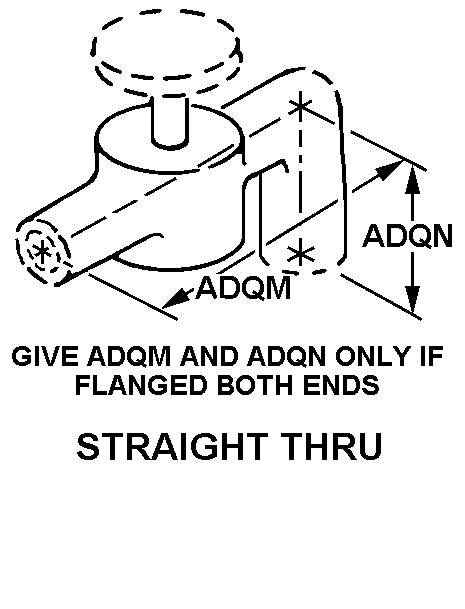
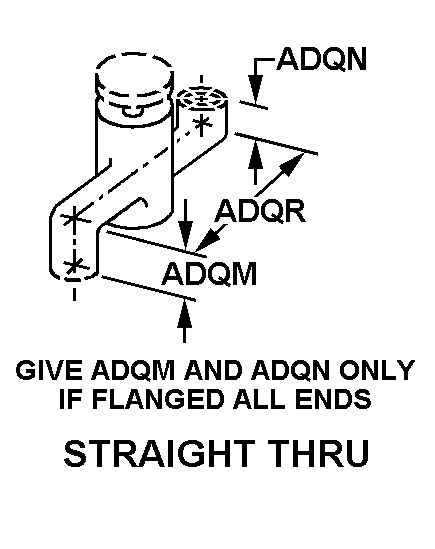
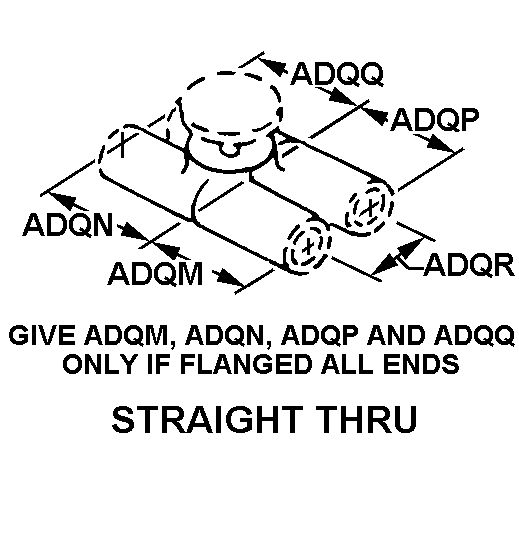
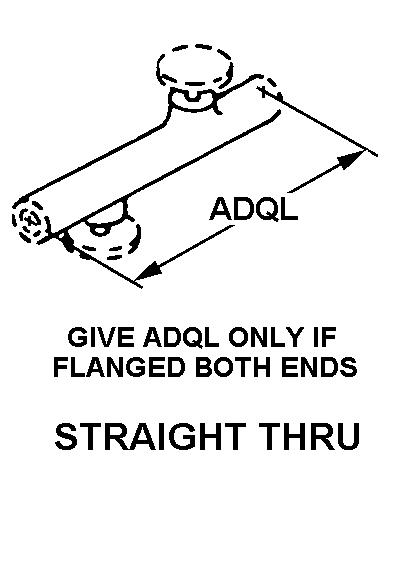
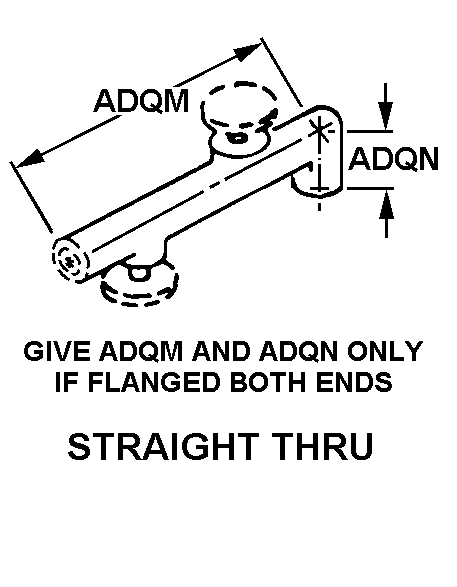
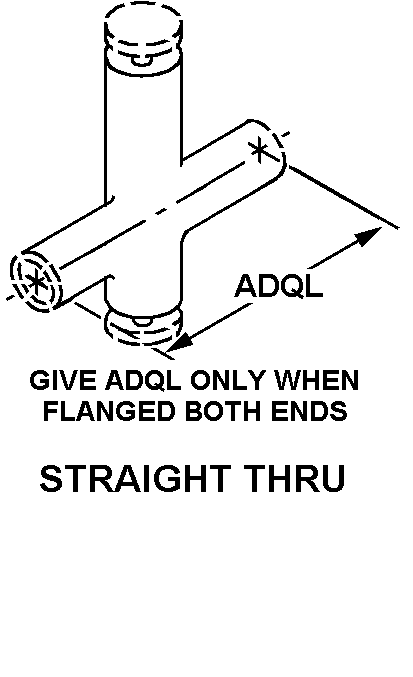
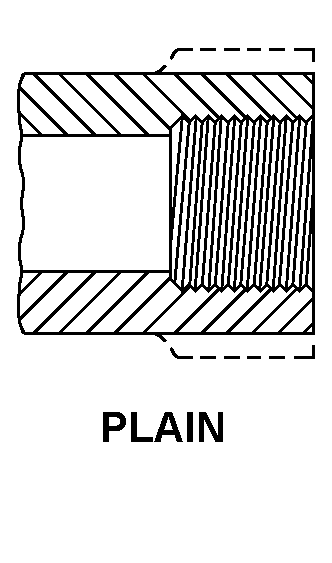
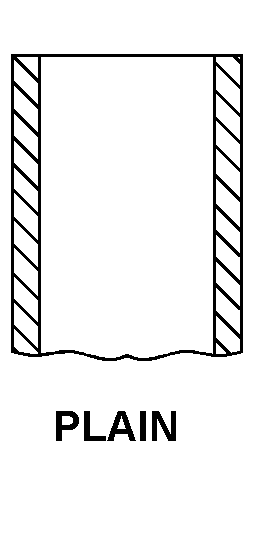
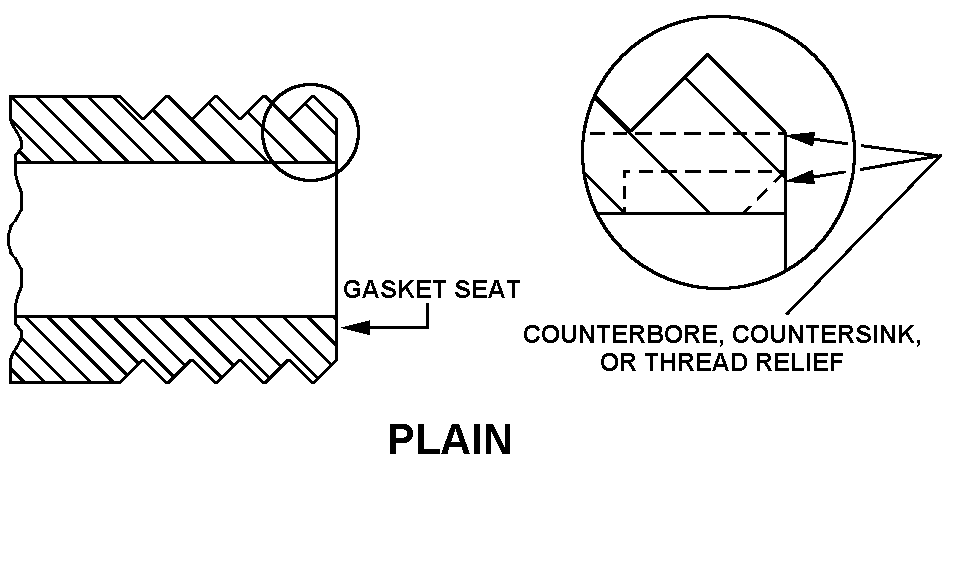
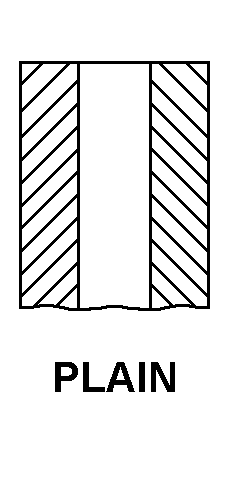

Definition Definition of approved item name (AIN): "VALVE,REGULATING,FLUID PRESSURE"
A valve designed to automatically maintain within close limits a predetermined outlet pressure which may be adjustable within a specified range regardless of the higher fluctuating or constant inlet pressure. It is designed for use with compressed gas(es) and various liquids and may include gauges. It may be inline or cartridge (manifold) design. Excludes regulator, pressure, medical gas administration apparatus; regulator, oxygen, barometric continuous flow; regulator, oxygen demand; regulator, oxygen diluter demand; and valve(1), fluid pressure regulating, aircraft.
4820-01-282-7597 Material Hazmat, Precious Metals, Criticality, Enviroment, and ESD
Indicates there is no data in the hmirs and the nsn is in a fsc not generally suspected of containing hazardous materials.
Precious metal content is unknown
The item does not have a nuclear hardened feature or any other critical feature such as tolerance, fit restriction or application.
Identification Codes
HMIC: Hazardous Material Indicator Code. A one position code that identifies a hazardous item.
PMIC: Precious Metal Indicator Code. A one position code which identifies items that have precious metals as part of their content. precious metals are those metals generally considered to be uncommon, highly valuable, and relatively superior in certain properties such as resistance to corrosion and electrical conductivity.
ESD: Electrostatic Discharge. Indicates if an item is susceptible to electrostatic discharge or electromagnetic interference damage. electrostatic discharge damage occurs when an accumulation of static electricity generated by the relative motion or separation of materials is released to another item by direct contact. electromagnetic interference damage occurs when an item comes into proximity with an electrostatic or magnetic field.
ENAC: Enviromental Attribute Code. Identifies items with environmentally preferred characteristics.
CRITL: Criticality Indicator Code. Indicates an item is technically critical by tolerance, fit, application, nuclear hardness properties, or other characteristics.






